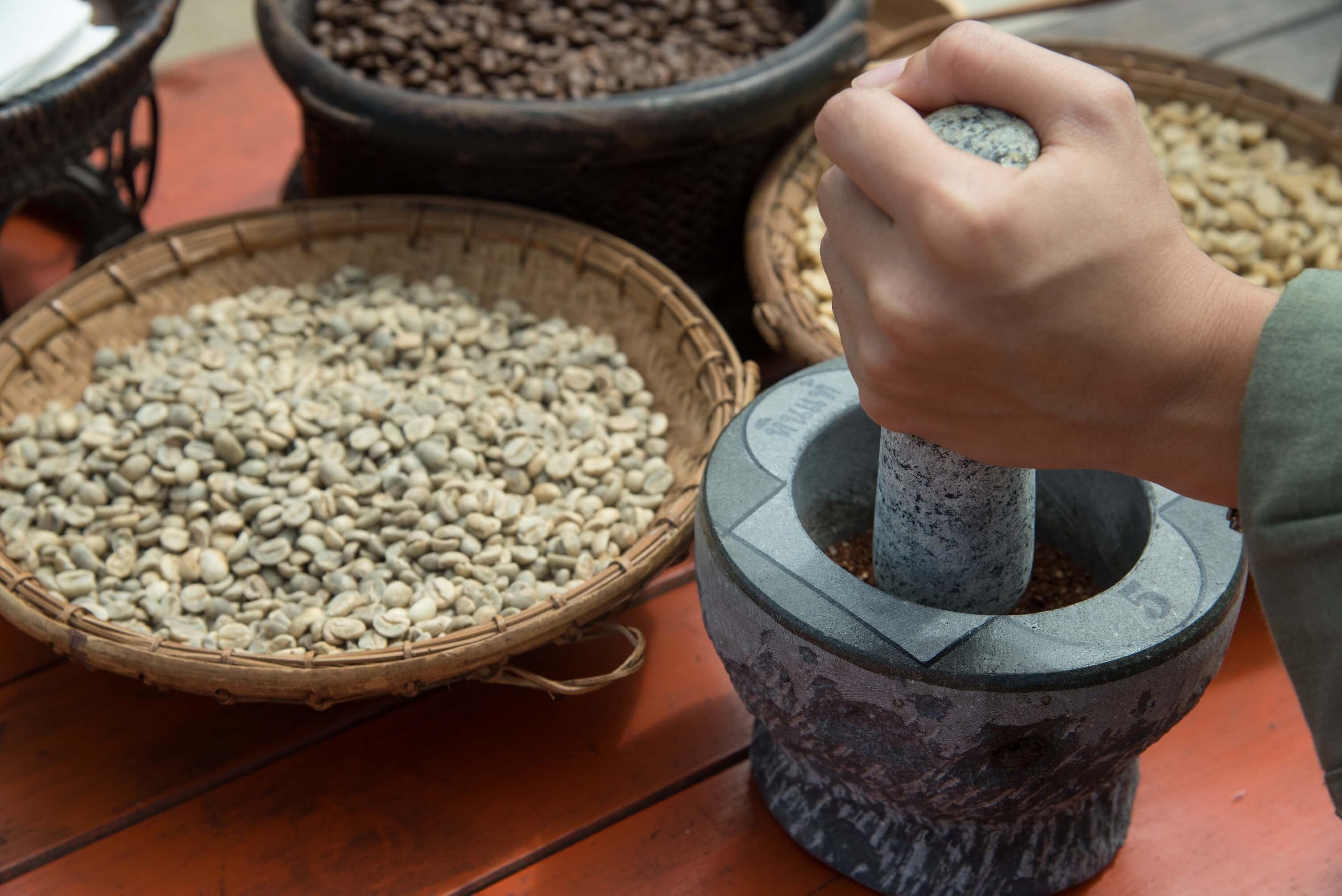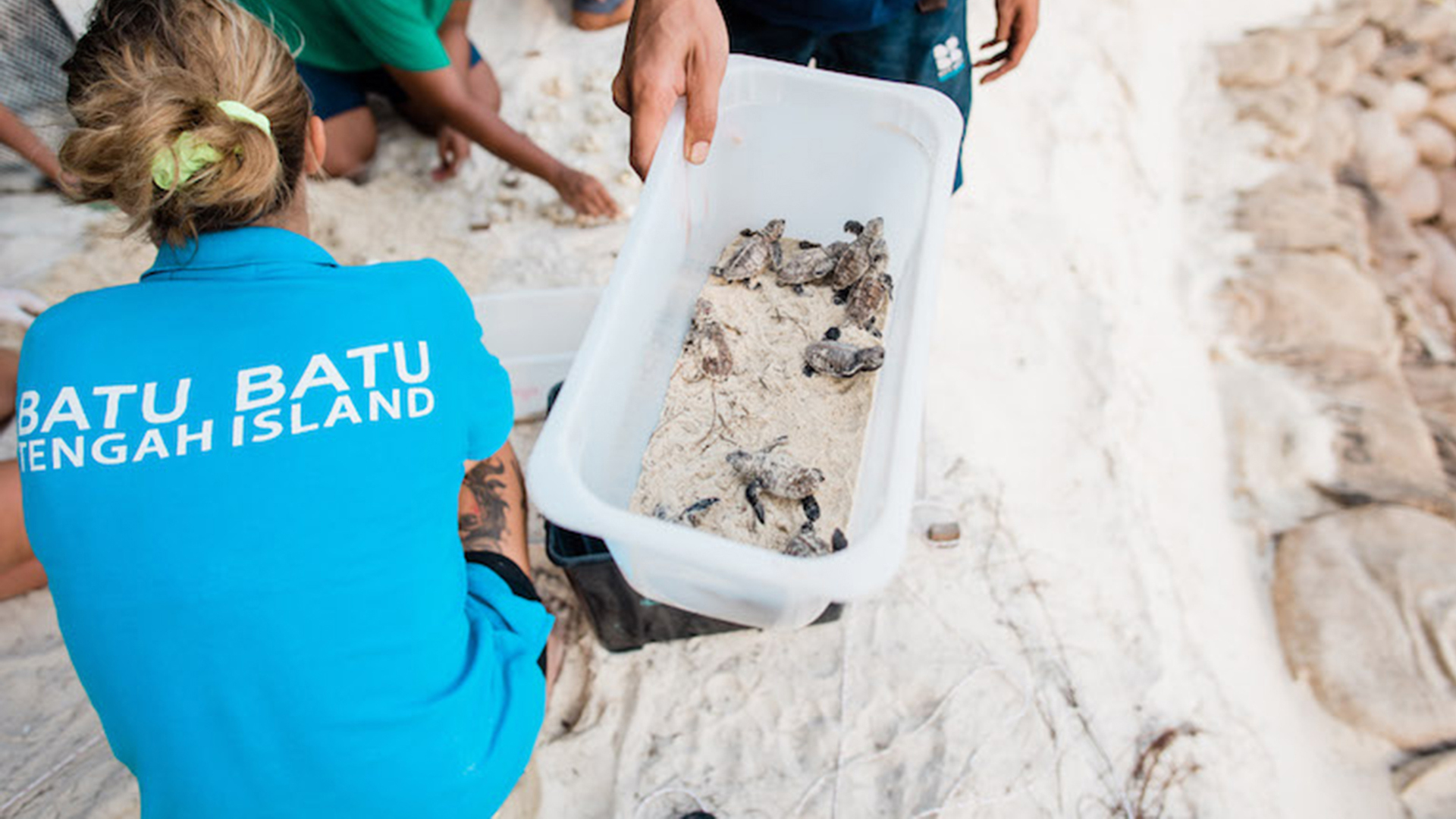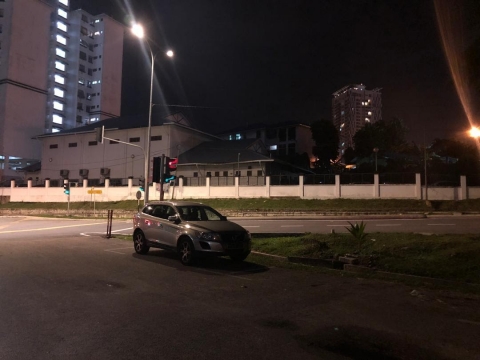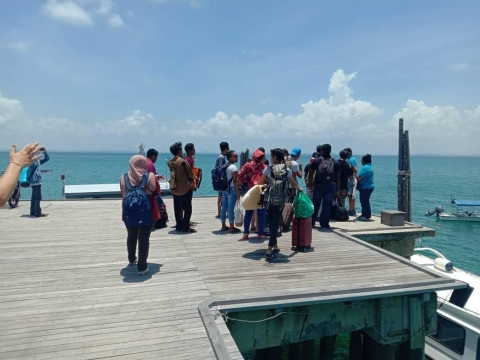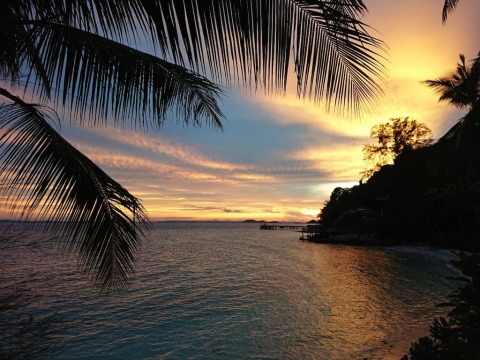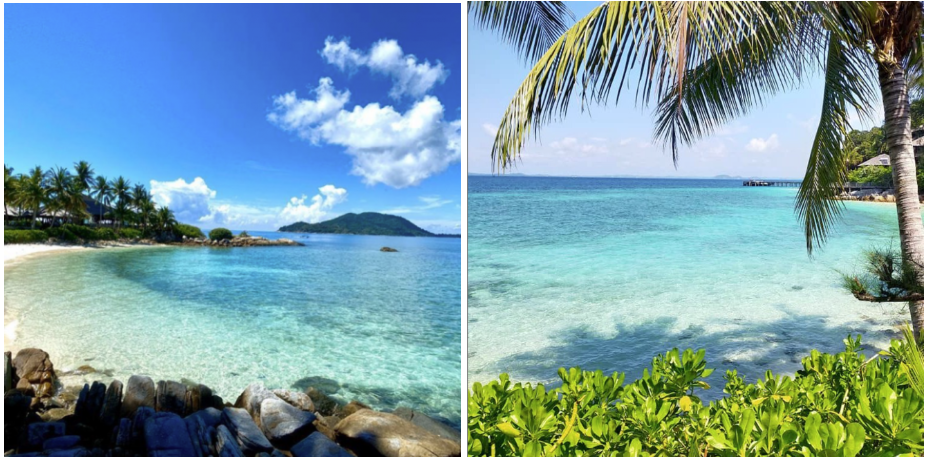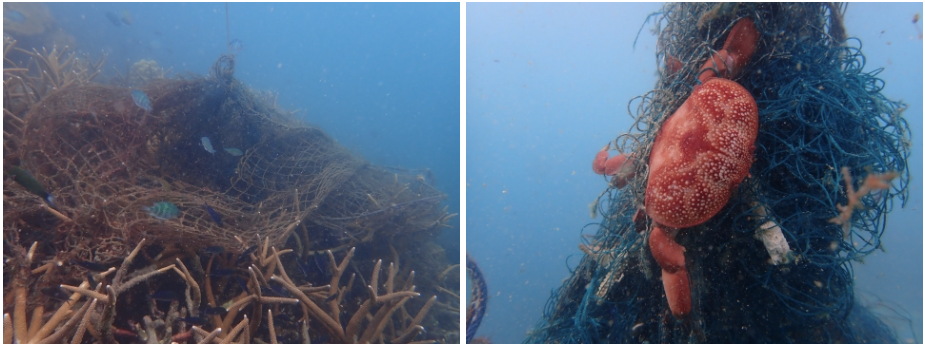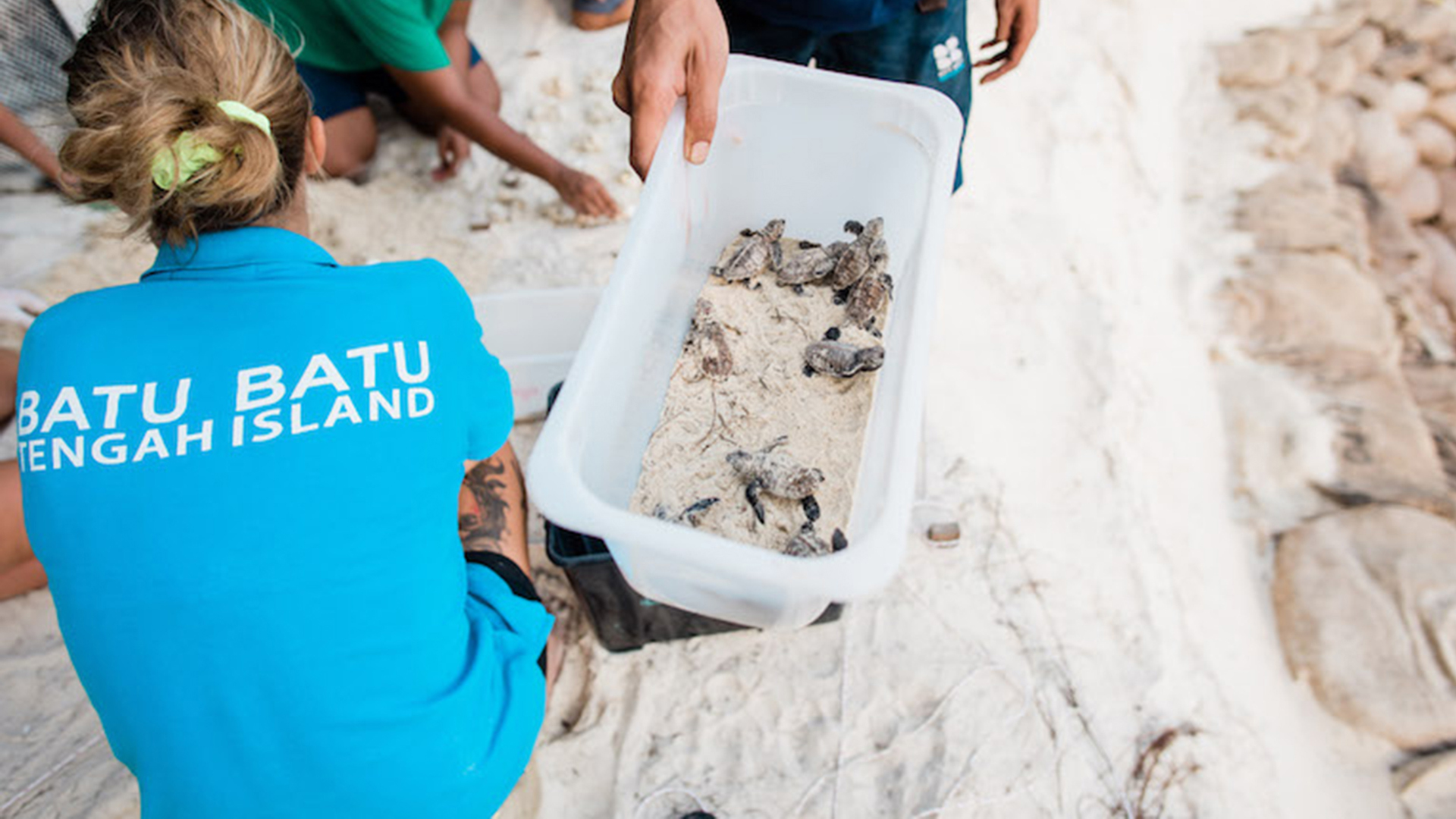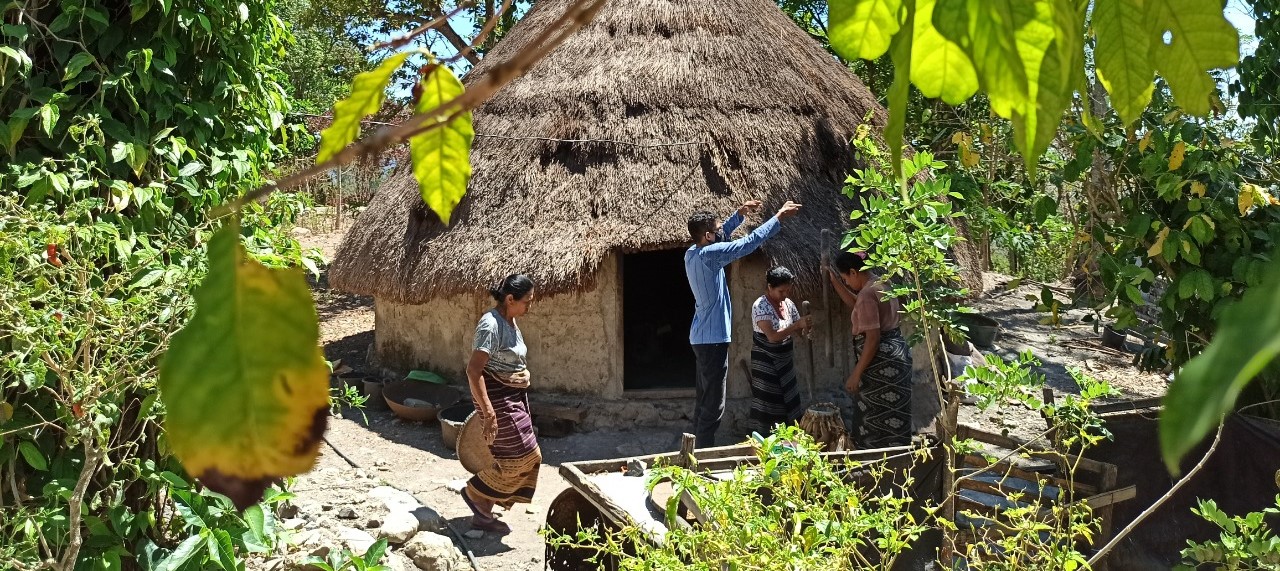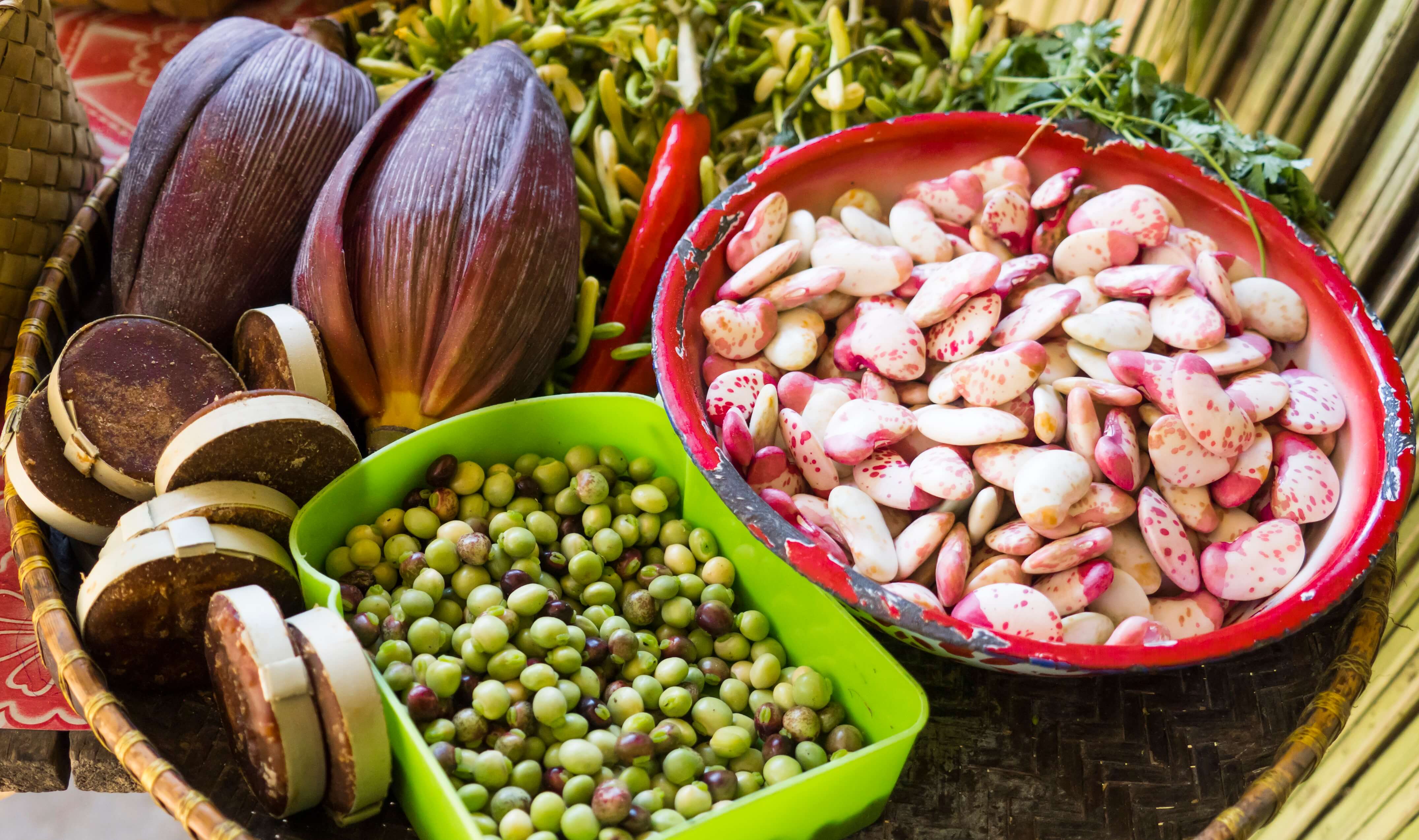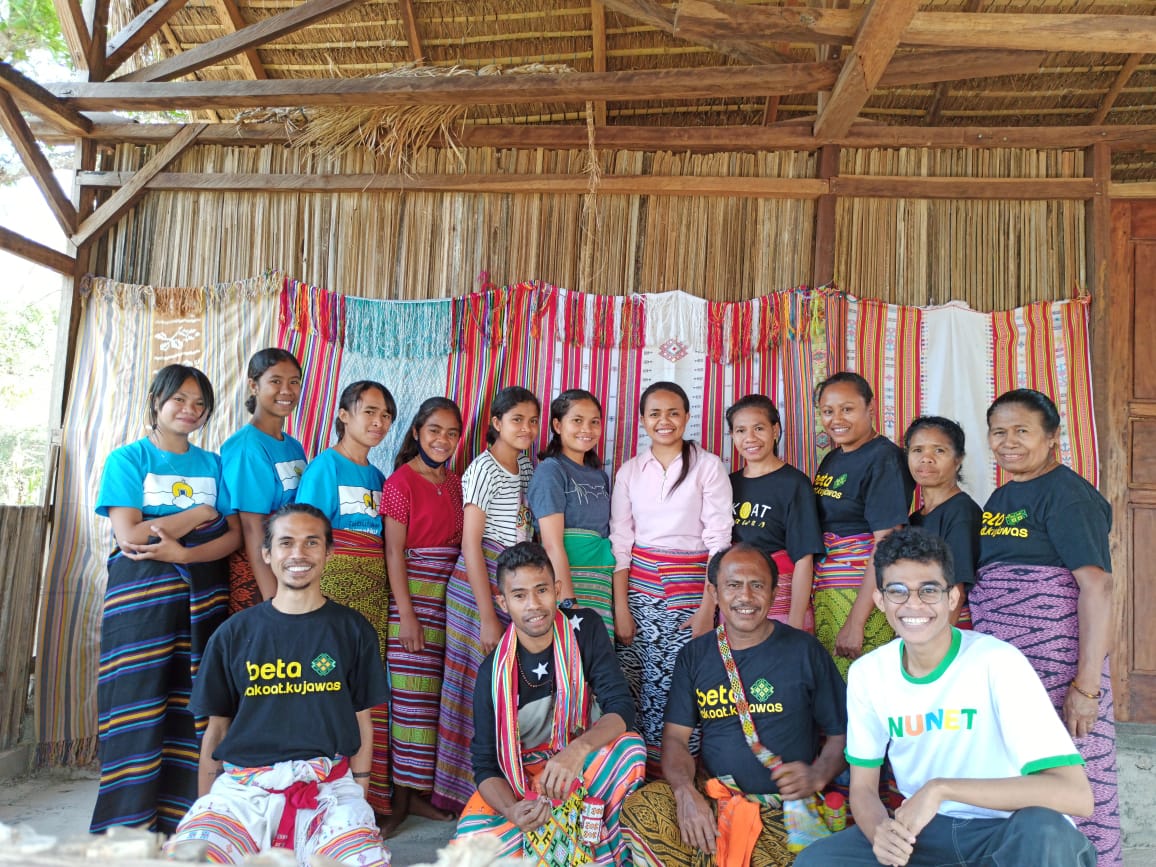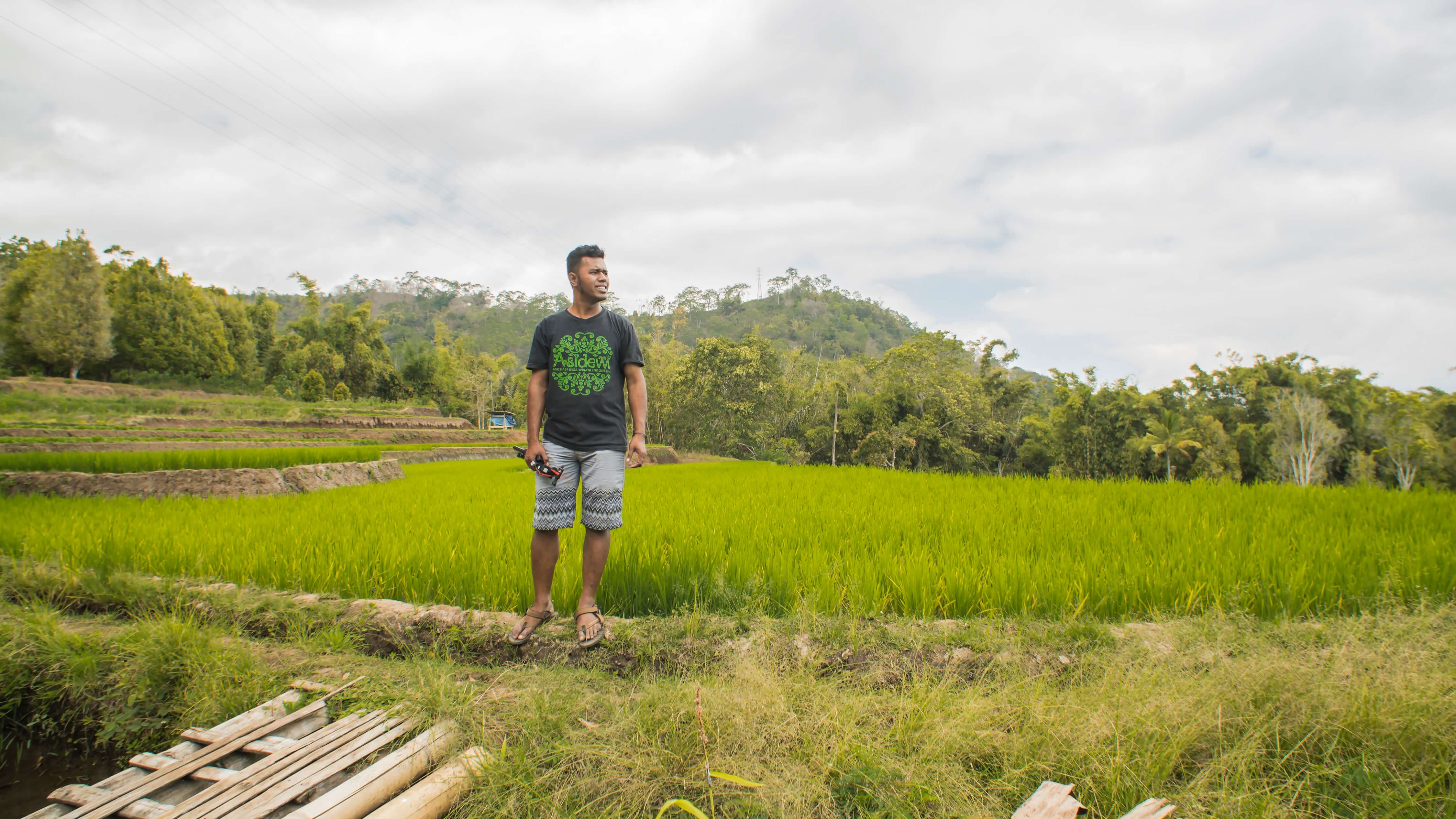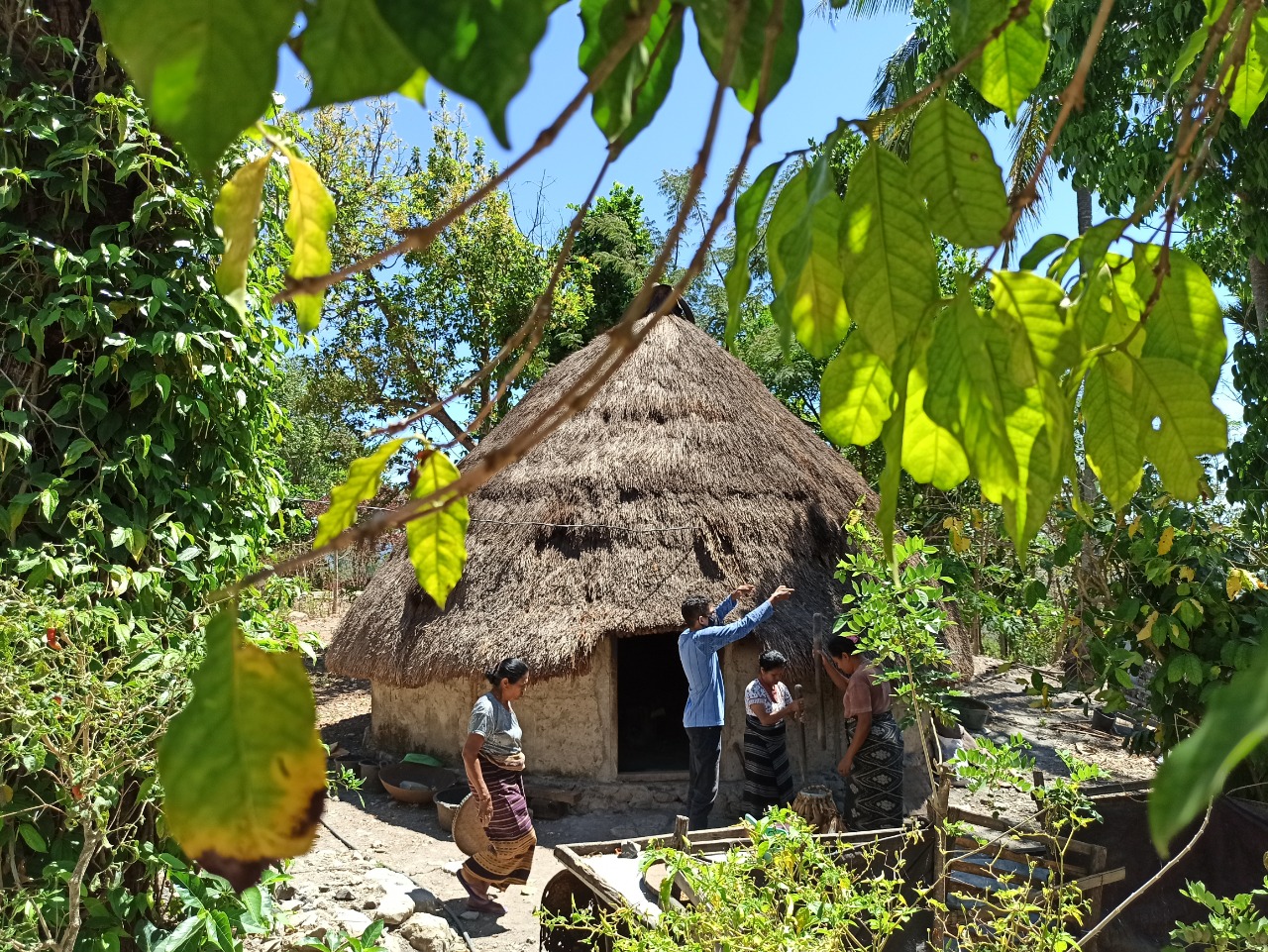Guiding the way to a greener Himalayas
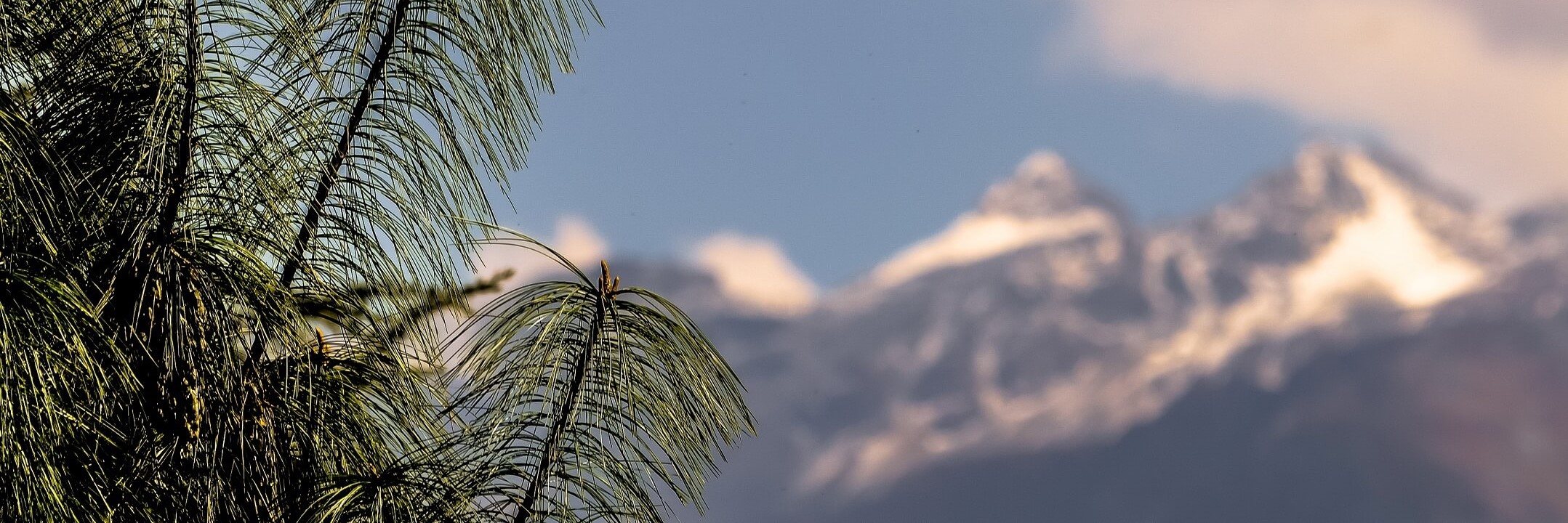
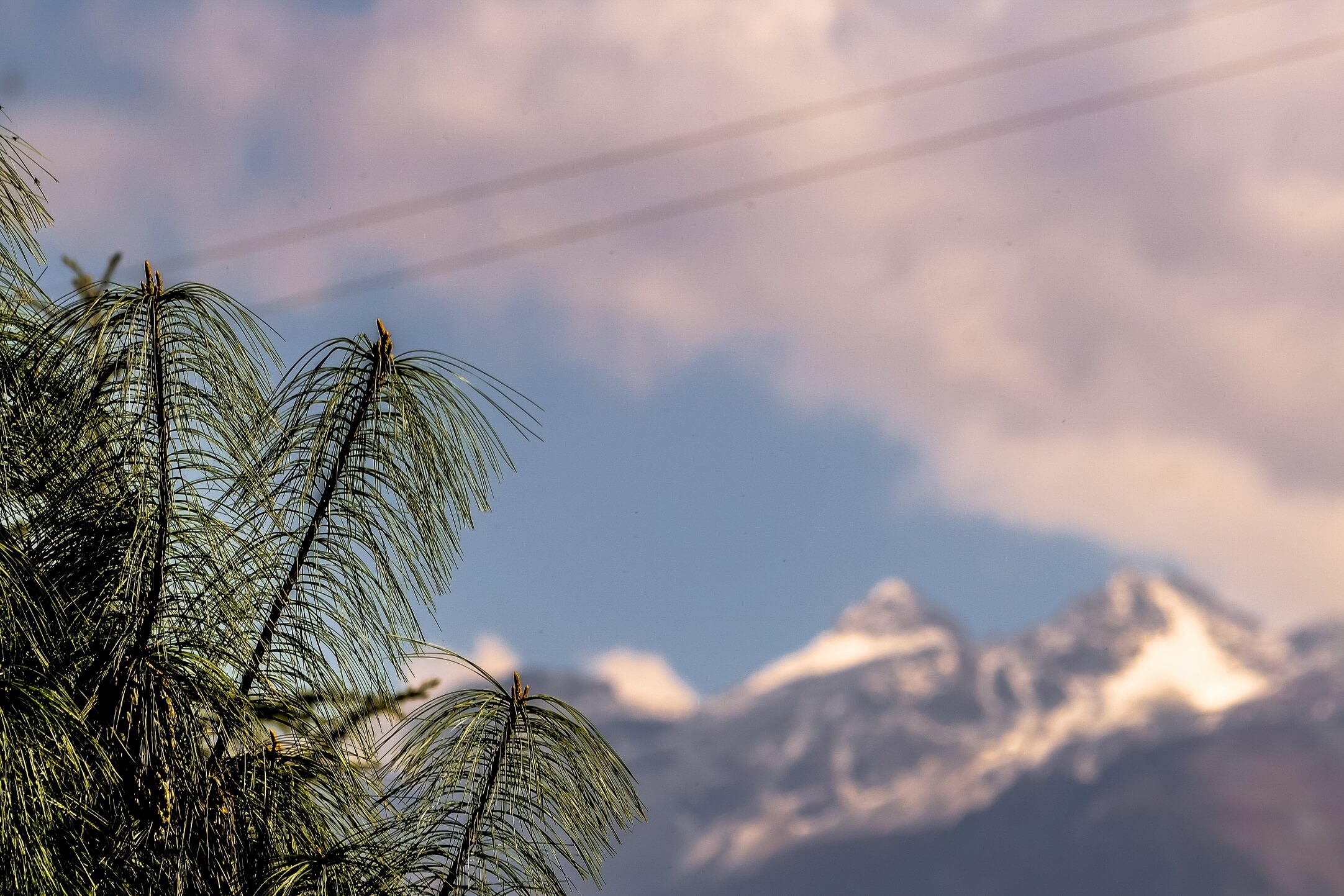
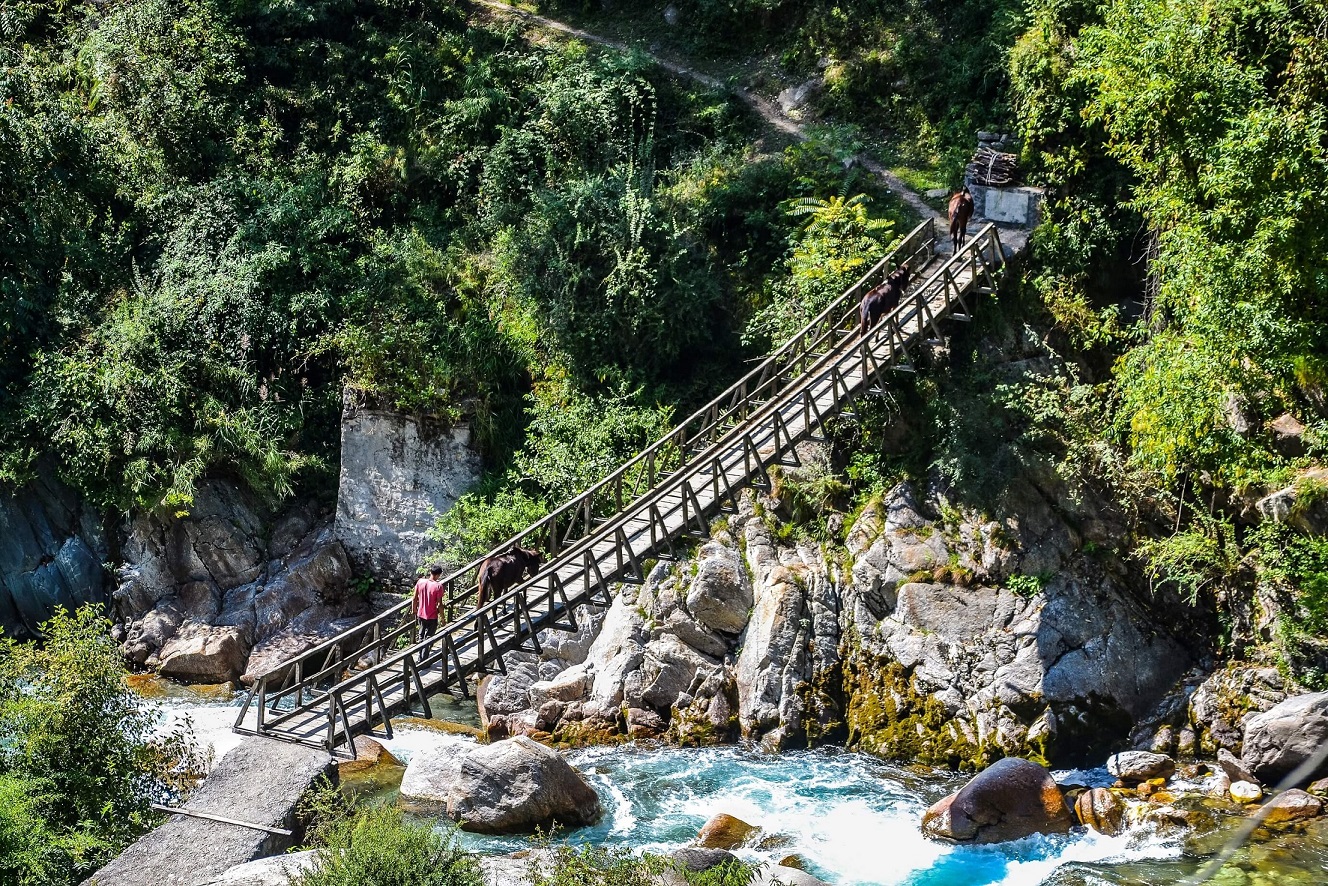
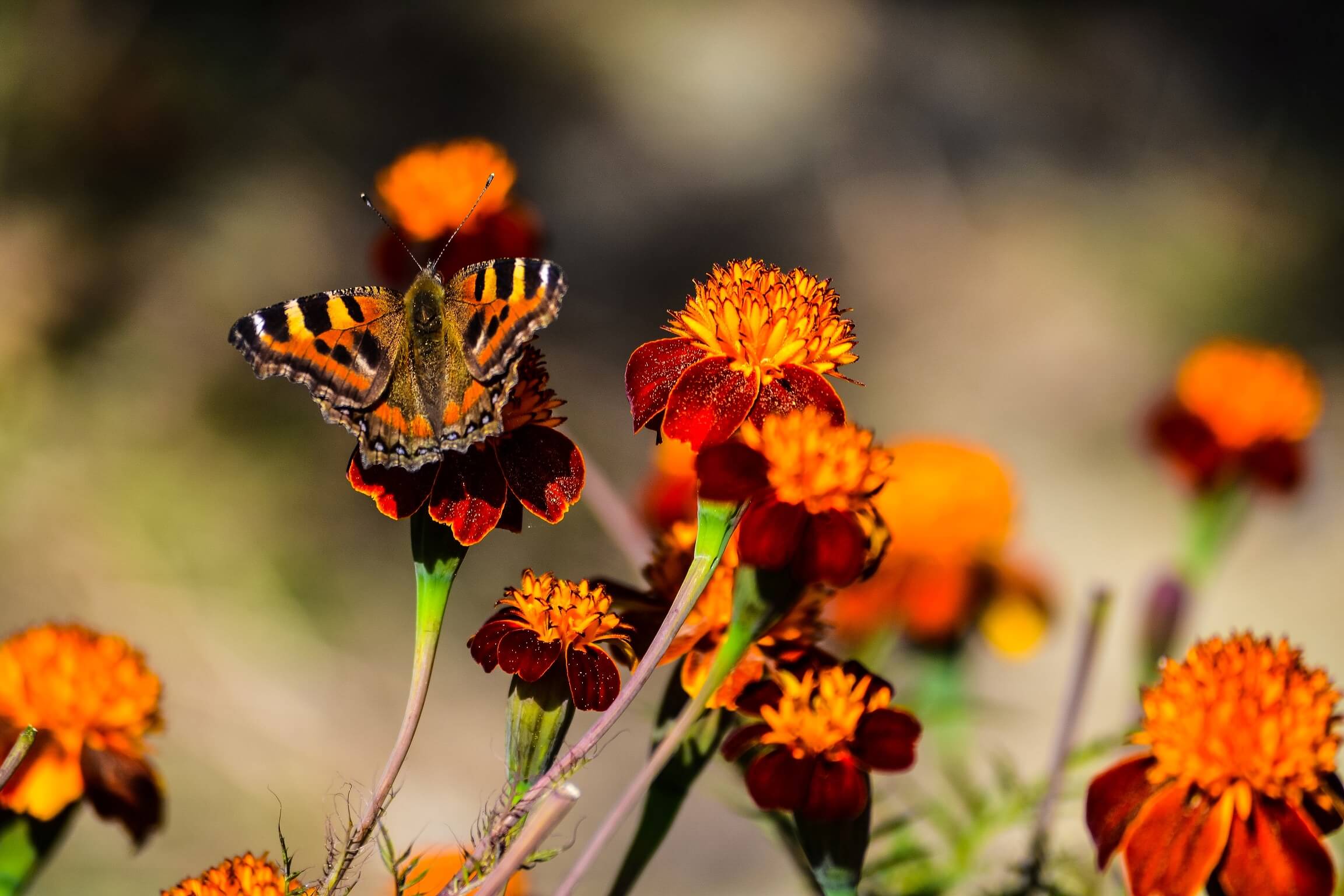
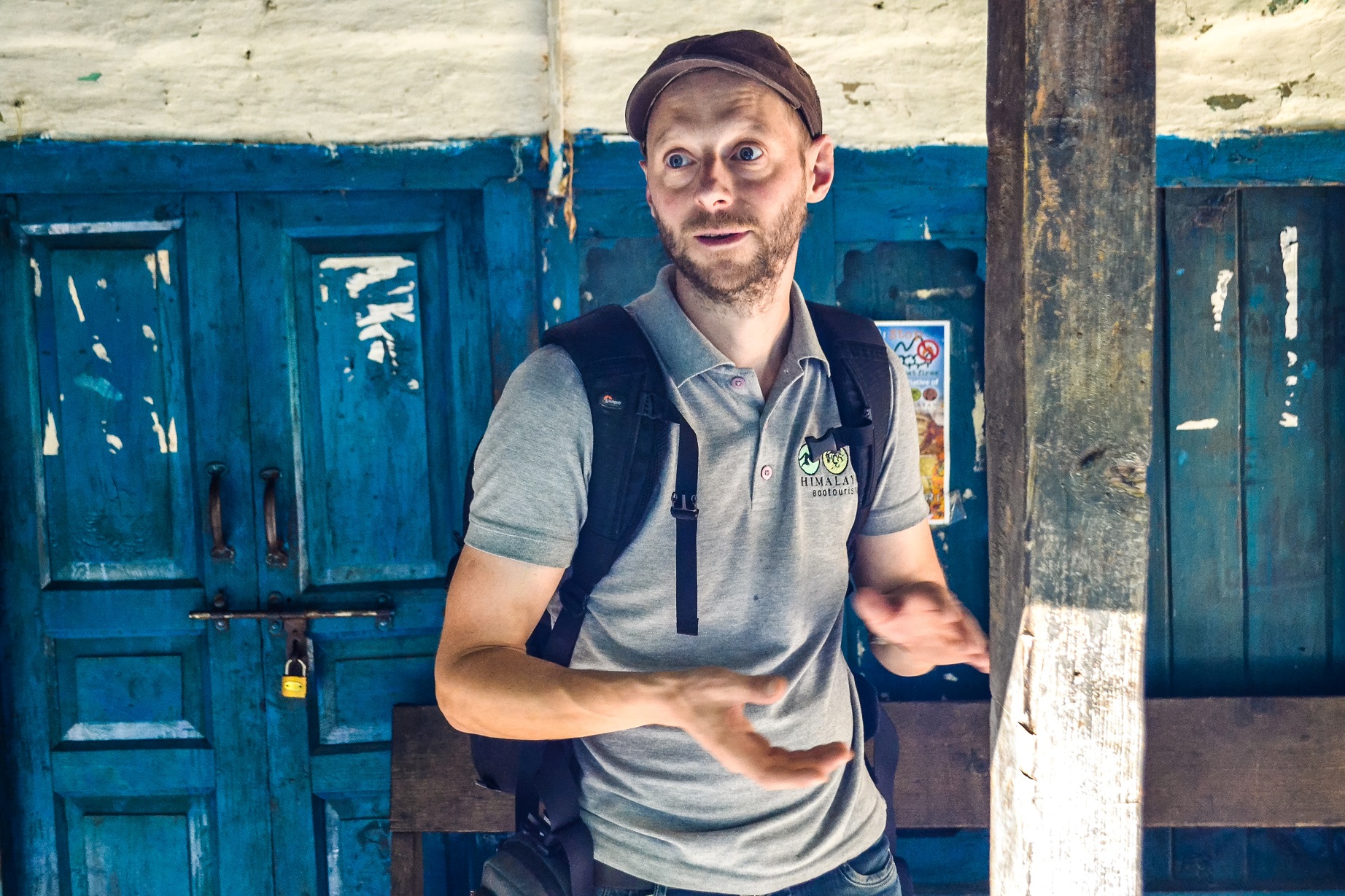
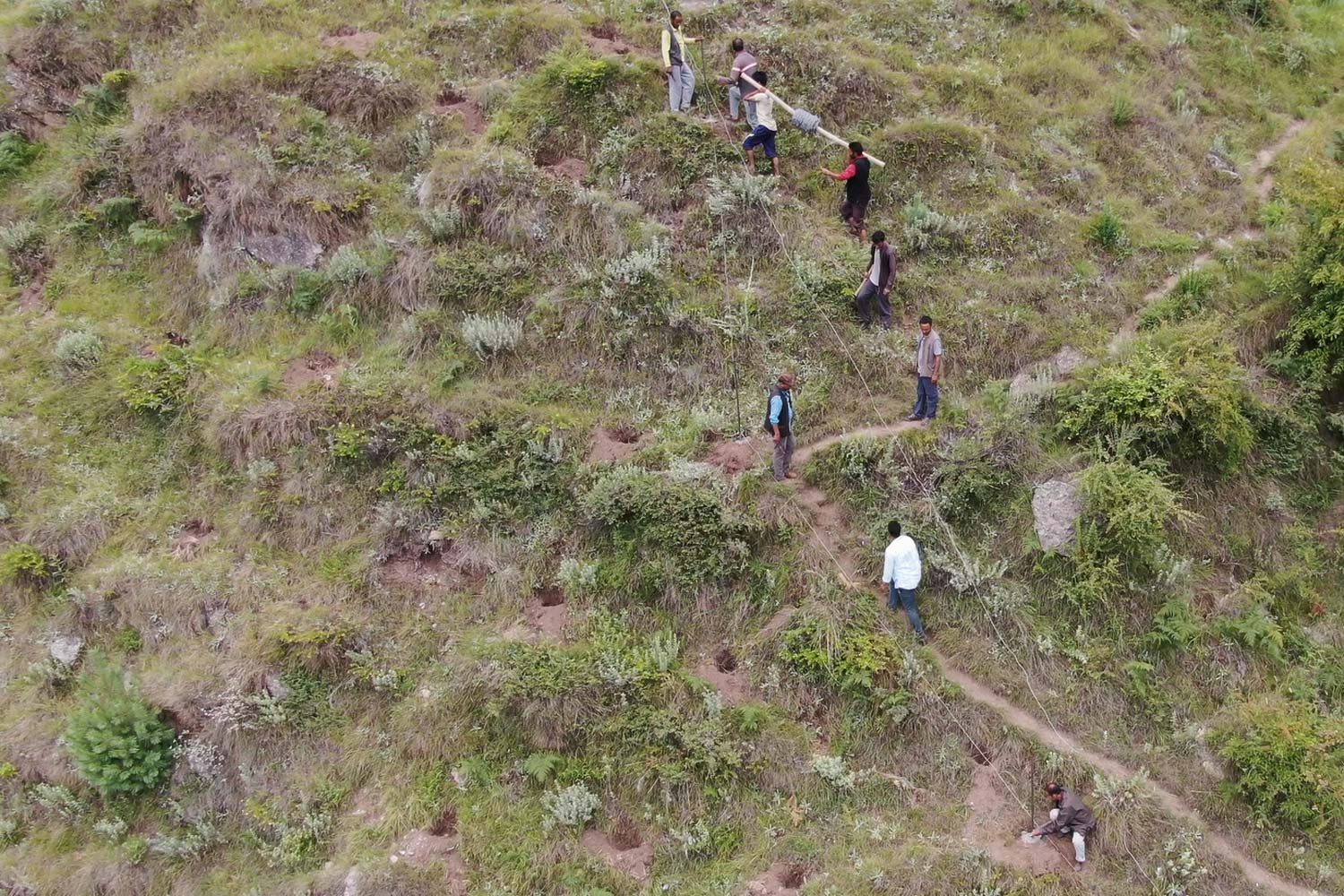
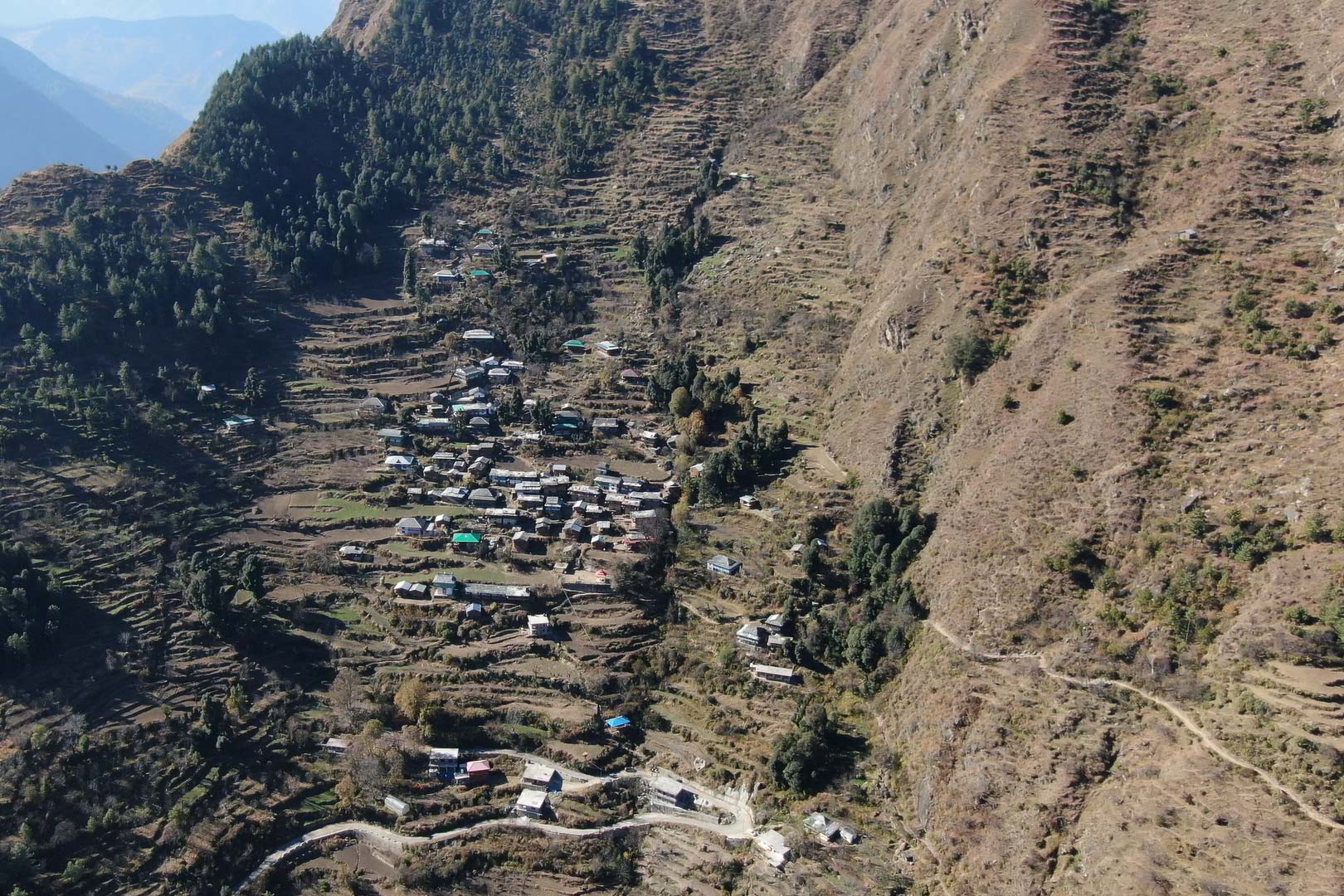
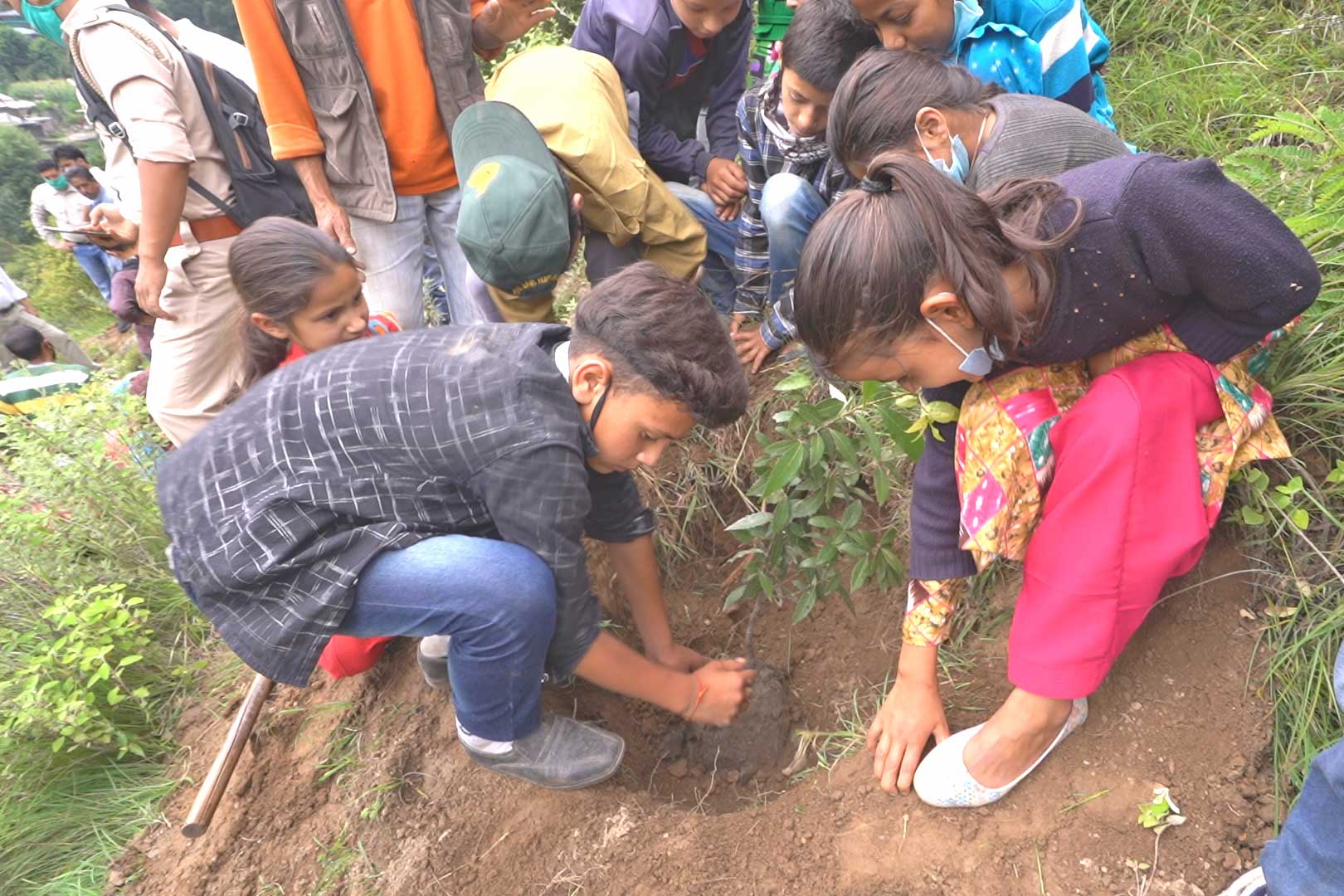
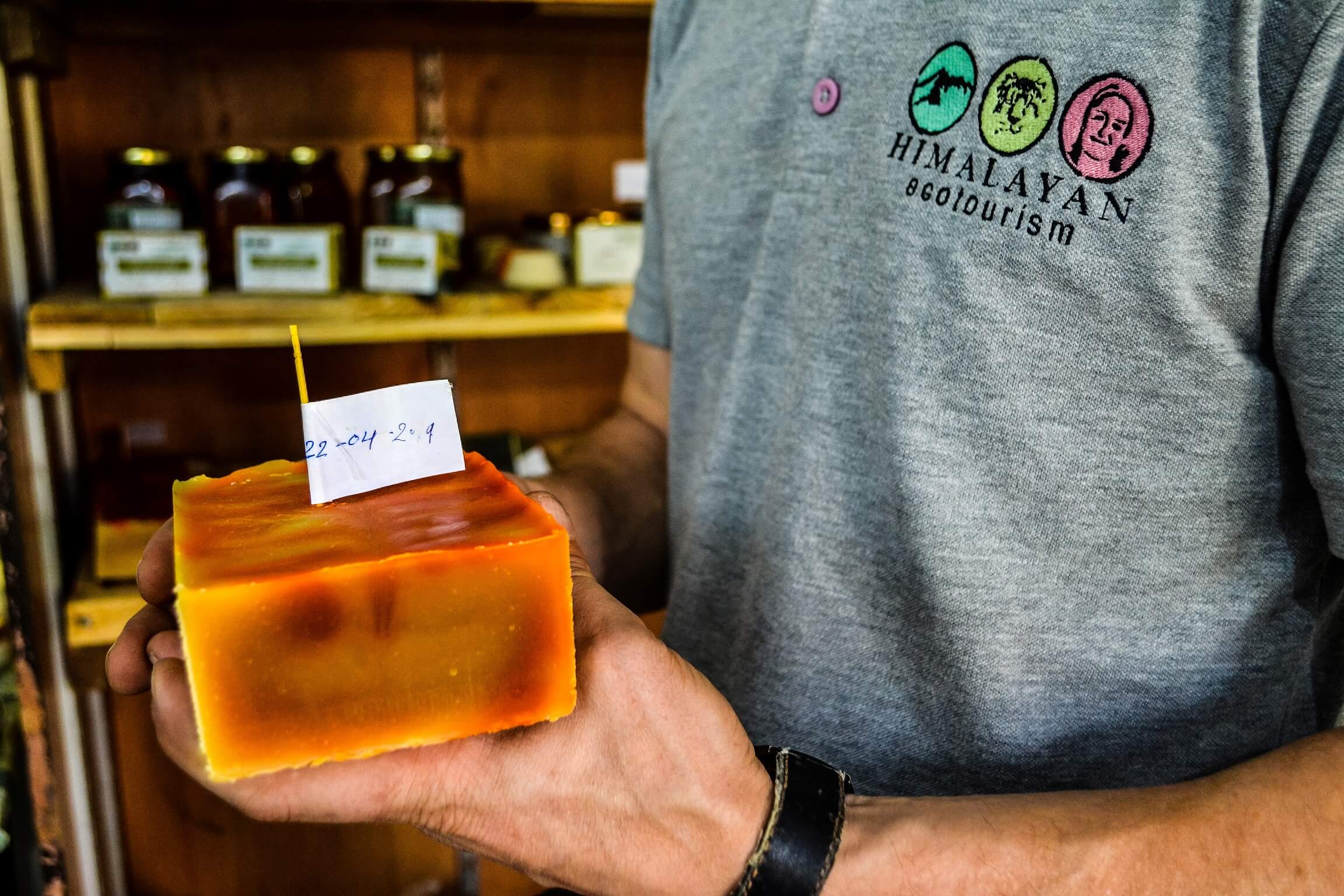
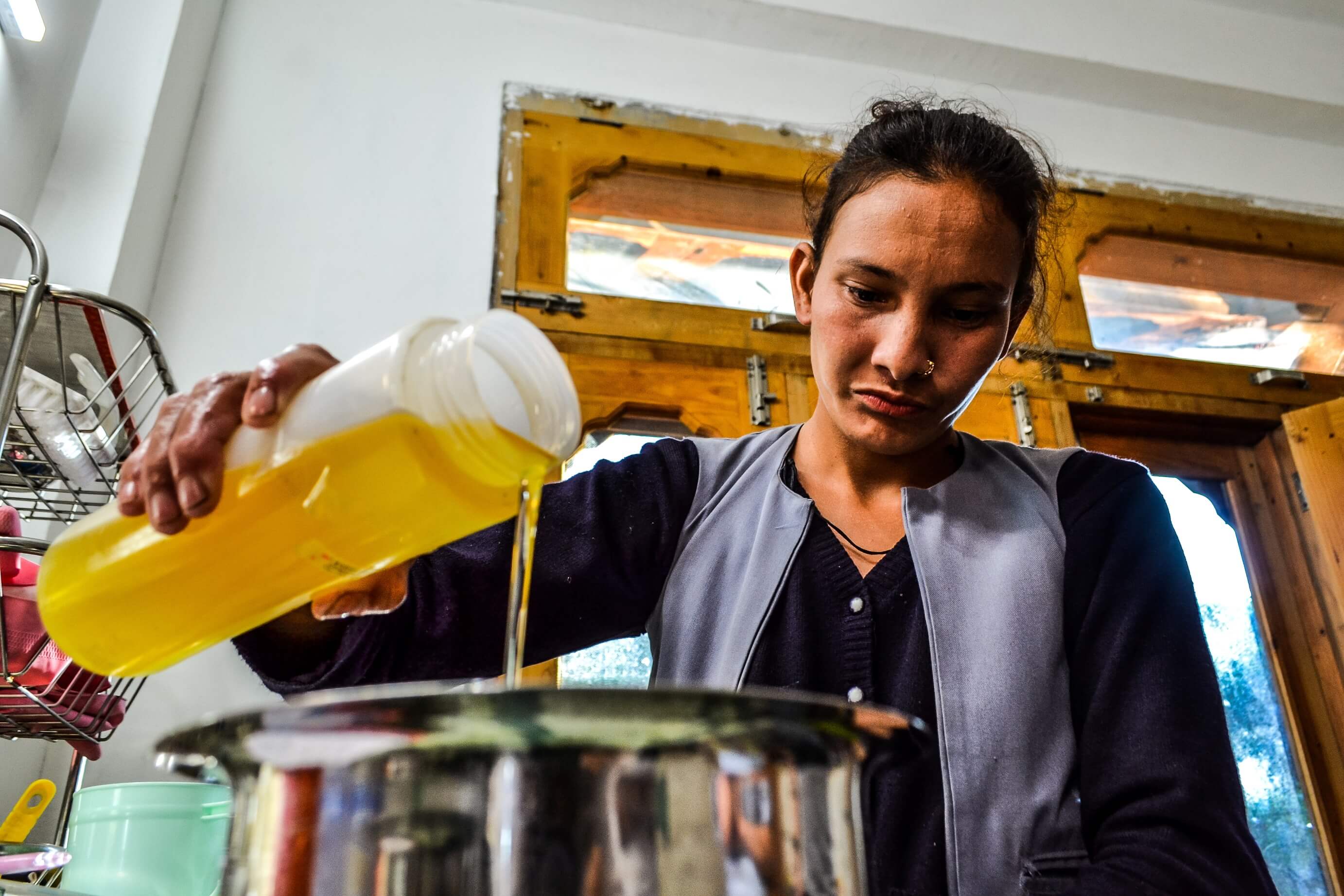
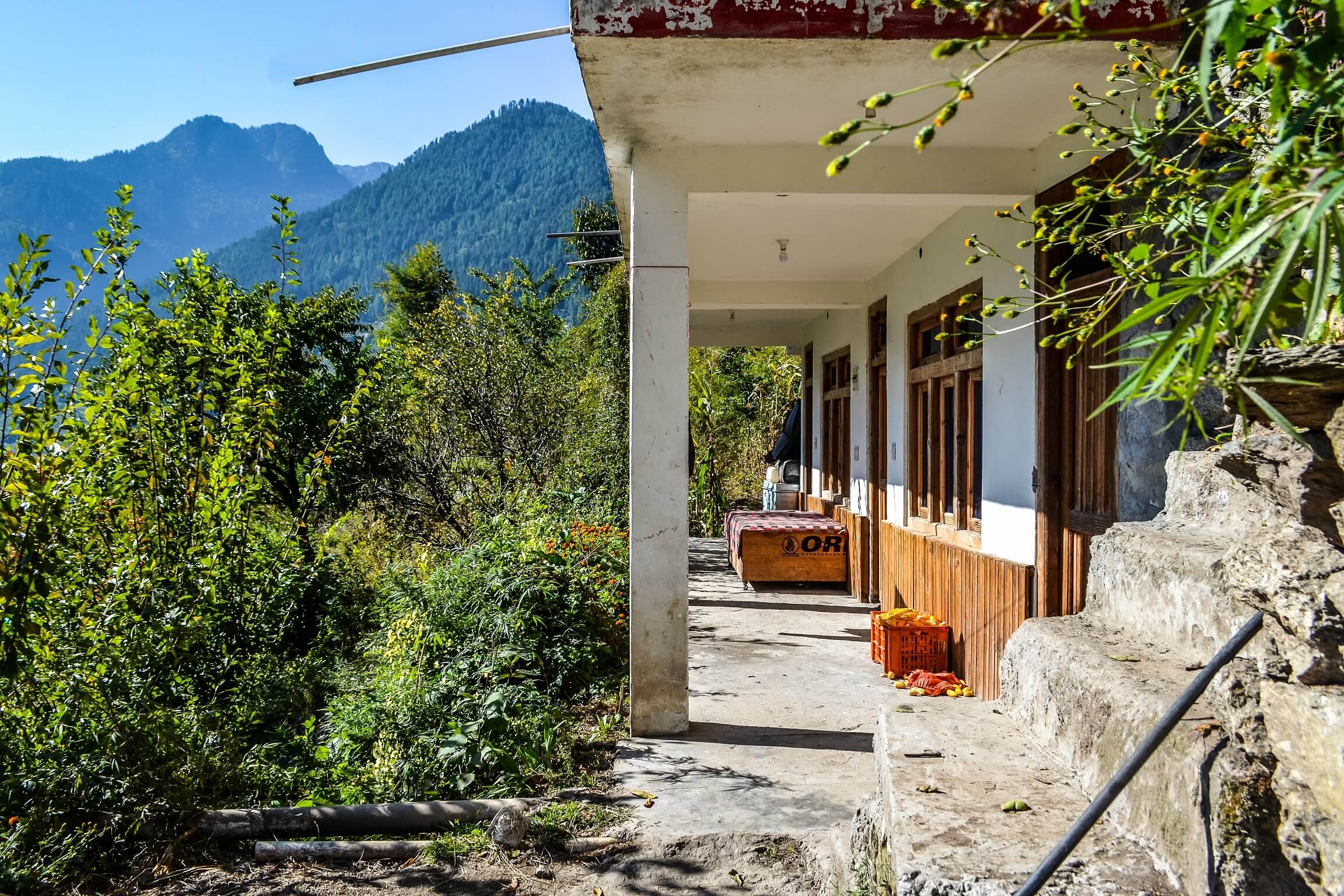
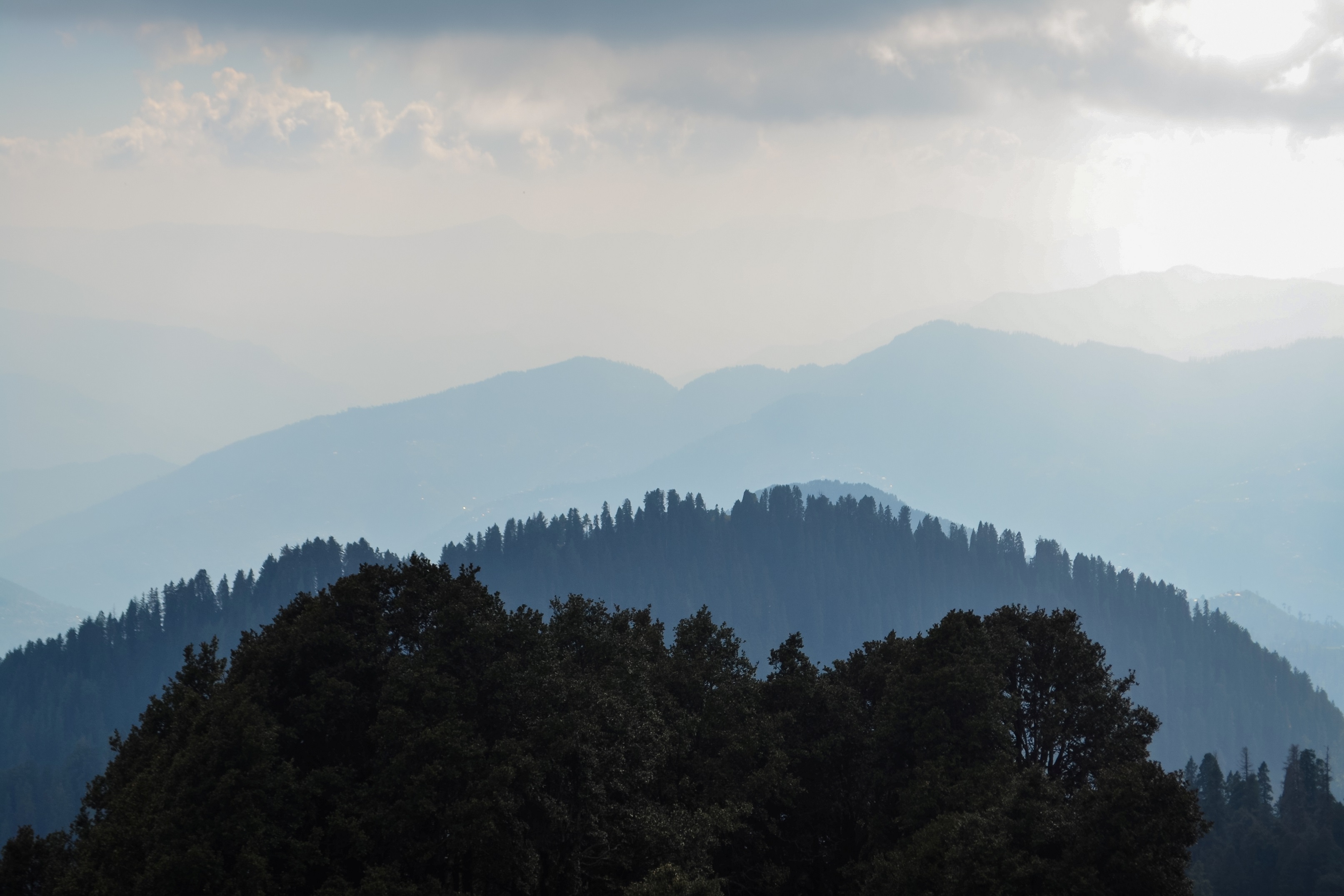
Meet Sanju
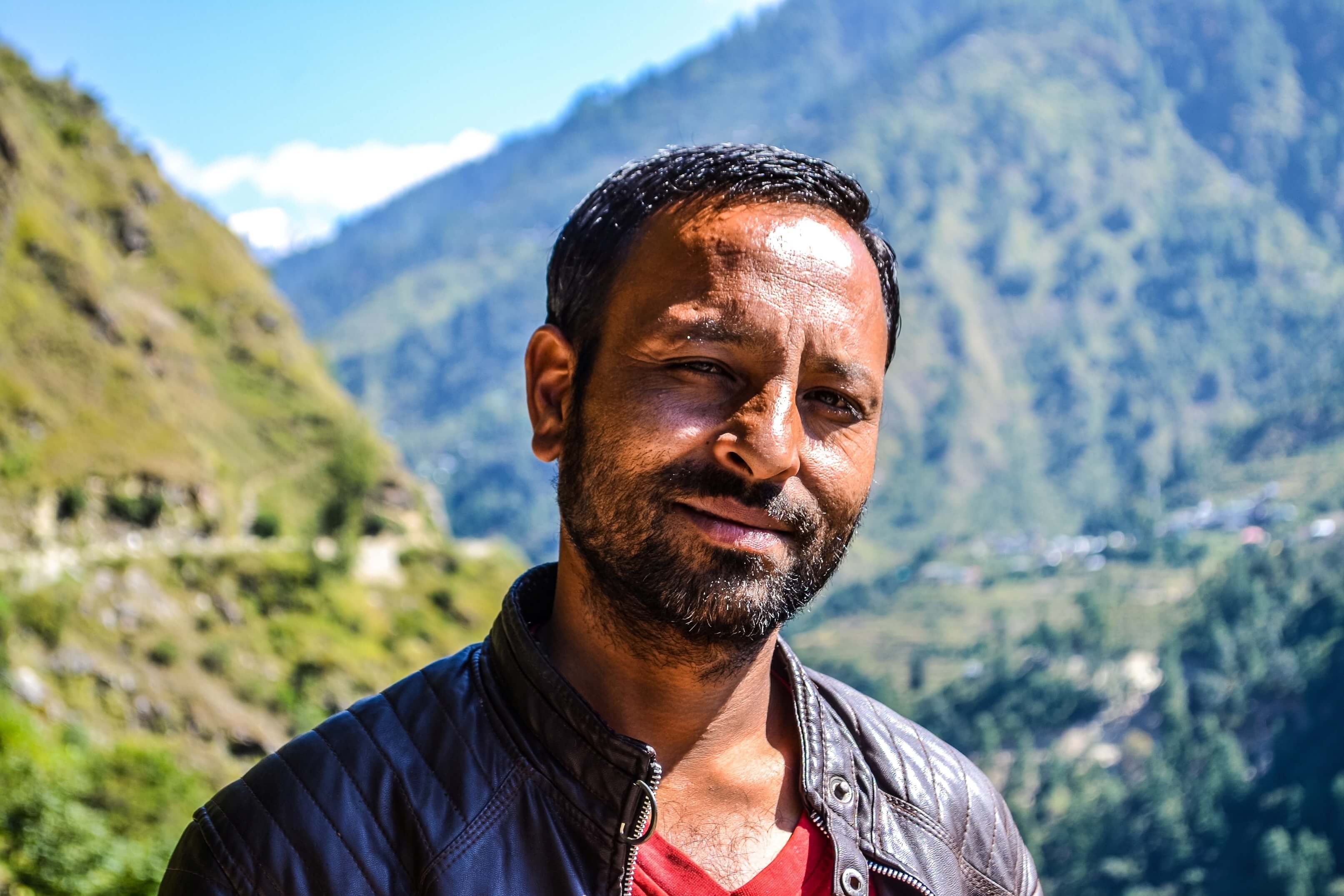
For Sanju Negi, life has come full circle.
From opposing the creation of a national park in the western Himalayas — on grounds that it would destroy locals’ ability to live off the land as they have traditionally — Sanju is now a custodian of the park’s natural environment.
First, recognising the potential of eco-tourism, he became a trekking guide and member of a cooperative committed to responsible tourism in partnership with Himalayan Ecotourism, a travel social enterprise.
Now, with tourism income drastically fallen as a result of COVID-19, Sanju has joined hands with Himalayan Ecotourism to tap the power of carbon offsetting: allowing people all over the world to offset their carbon footprint by planting trees in the Himalayas.
The road to empowerment
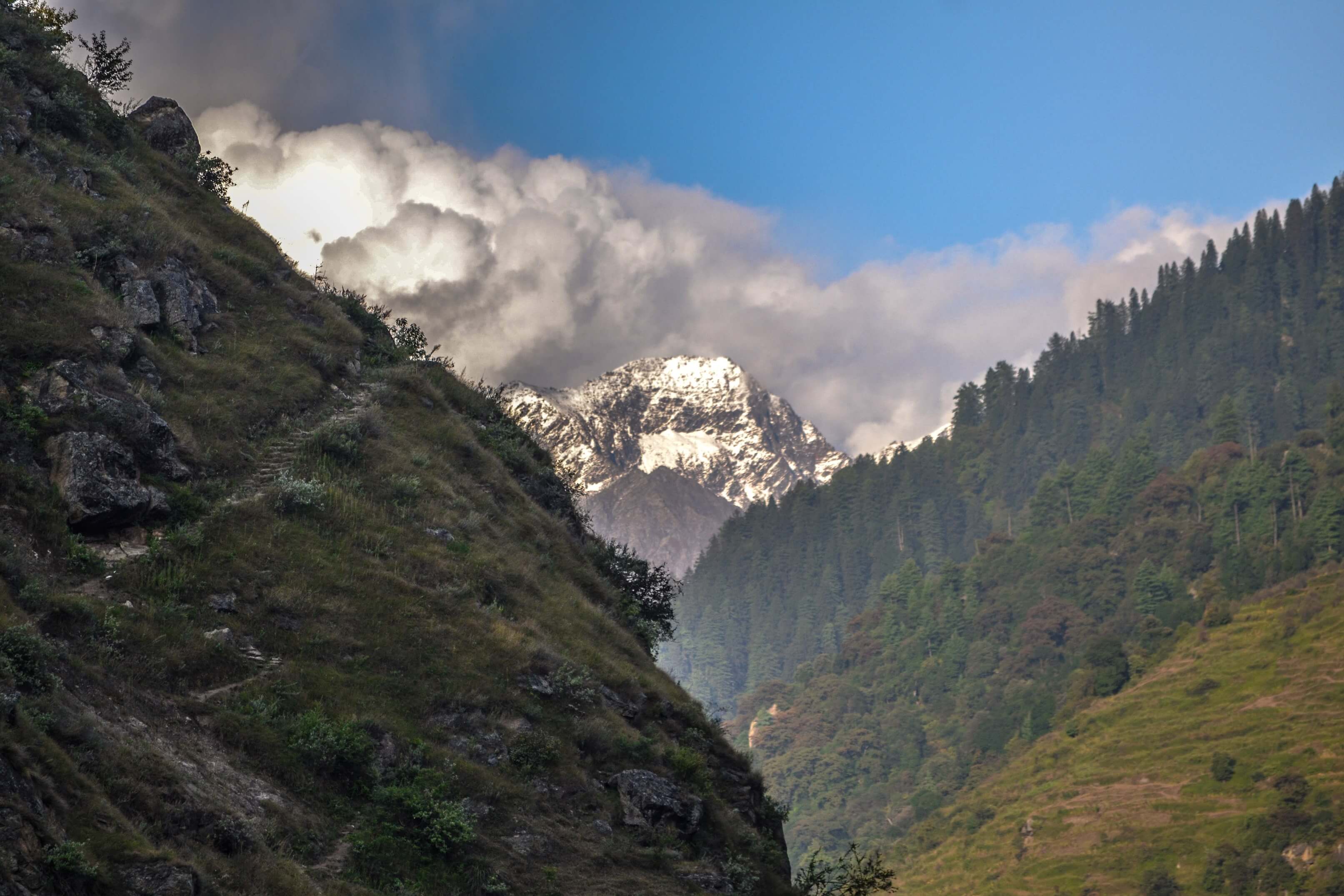
With its never-ending pine and cedar forests, flowing streams and waterfalls, and snow-capped peaks rising grandly above it all, Tirthan Valley, which is part of the Great Himalayan National Park (GHNP), is the postcard-perfect destination travellers dream of.
Himalayan Ecotourism grew out of a desire to divert the benefits of tourism towards the valley’s communities, for whom the creation of the park in 1984 had signalled loss.
Many villagers had depended on the medicinal herbs and forest produce they foraged as a source of income, while the land was also important grazing ground livestock. “As locals, many of us were opposed to the national park because it cut off our right to the forest and our livelihood had depended on it,” says Sanju.
With tourism taking off in the region, Stephan Marchal, a Belgian who had worked on sustainable development projects in India, hatched the idea of an ecotourism cooperative owned and managed by locals.
In 2014, he co-founded Himalayan Ecotourism, a joint venture with the GHNP Community-Based Ecotourism Cooperative, which comprises local guides who are also shareholders. Stephan handles management and marketing needs, while guides like Sanju — who is also the treasurer of the cooperative — take turns to lead treks, from which they keep 60 per cent of the revenue.
“I was opposed to the model of ecotourism where locals are mere daily wage labourers while the business was owned by somebody else. From the beginning I was sure I wanted to develop and grow the business in the right way,” says Stephan.
Himalayan Ecotourism’s philosophy of inclusion, not exclusion, also extends to its guests. While the conventional image of trekking is one of outdoor gear ads filled with lean and fit-looking individuals, Himalayan Ecotourism also organises trips for guests with mobility problems, such as older hikers or people with disabilities.
The trips range from forest bathing — camping in the wild and immersing oneself in nature — to nine-day treks, aided by equipment and specially-trained guides to ensure comfort and safety.
In 2019, Himalayan Ecotourism won not one but two of the Indian Responsible Tourism Awards instituted by Outlook Responsible Tourism.
An unexpected turn
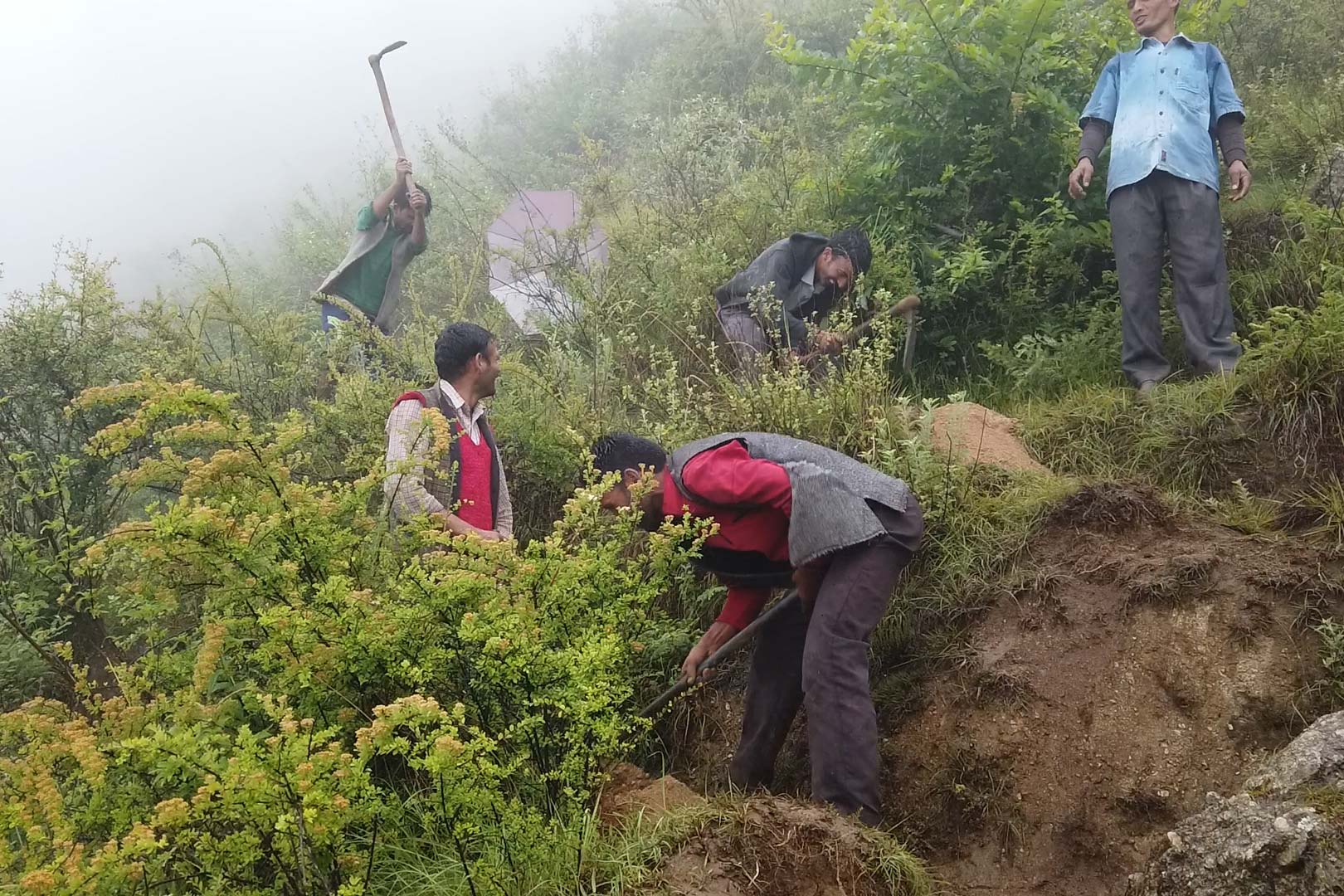
In early 2020, COVID-19 began its sweep around the world, bringing global travel to a halt and devastating communities that had depended on tourism for their livelihoods.
Himalayan Ecotourism was not spared, with business plunging to zero overnight. “We had to find alternate sources of income for our cooperative members,” shares Stephan.
The response was one that would not only provide relief income to its members, but also expand on its eco ethos: a reforestation programme implemented by members which would repair land damaged by overgrazing, logging, and fires, supported by anyone who wishes to offset their carbon footprint.
For example, someone making a return trip between Paris and Delhi by air will incur around 1,680kg in carbon emissions. To offset this, three trees will need to be planted and maintained for 40 years (Himalayan Ecotourism’s calculations are based on a tree removing an average of 15kg of carbon emissions from the air annually over 40 years).
Through Himalayan Ecotourism, individuals can buy carbon credits, the proceeds of which will be used to plant and maintain the trees for a minimum of 20 years. Customers will be given periodic updates, including geotag-enabled reports.
Although members would not earn as much from replanting efforts as they did from tourism-linked activities, they saw the long-term benefits in reforesting the land.
Over a telephone call, Sanju, who was the first to suggest replanting trees in the eco zone, shares: “There have been a few COVID-19 cases around here. The lockdown changed things for us overnight but between the reforestation project and some work on our own farms, we’ve mostly been able to manage making ends meet.
“We spent a bulk of our time during the monsoon season replanting mostly deodar (Himalayan cedar), silver oak, apricot, and a few persimmon varieties. We will undertake a similar replantation drive during the winter and continue along the treeline in Pekhri.” In a challenging situation that might have seen them slipping into despair and frustration, Sanju notes that these activities helped keep them engaged and contributing to their communities.
With the future of tourism uncertain, the reforestation programme is Himalayan Ecotourism’s main avenue of providing a sustained, non-charity-based source of income to its cooperative members, and to “mobilise and strengthen the capacities of the local communities”. Over 1,000 trees have been planted so far in a 2 sq km area around Pekhri village.
Keeping true to its philosophy of community ownership, Himalayan Ecotourism has also mobilised women from and around Pekhri on a voluntary basis to manage the reforested areas.
They are also being encouraged to organise themselves into self-help groups and set up microenterprises such as traditional kullu shawl making and bee-keeping. Himalayan Ecotourism will provide marketing support for the self-help groups and will share the initial capital costs.
And for children aged eight to 12 years old, Himalayan Ecotourism is offering free basic English speaking and computer skills, taught by two local women who will be paid a stipend for their work.
The future is green
Over my four days in the GHNP with Himalayan Ecotourism in October 2019, I learnt about the power of involving locals as shareholders in sustainability initiatives, turning them into conscious stewards of their land.
Then, Sanju had shared his pride in Himalayan Ecotourism’s progress and the role of ordinary community members in achieving it. “It has been the ones most in need, the ones without any stable income or alternate means, who’ve given it their most,” he said.
This community spirit is something Stephan hopes will live on as Himalayan Ecotourism navigates a “new normal”. “On the one hand, we will remain a local organisation organising treks and other activities in the national park, and on the other hand, we will be a regional organisation (Himalayas) who will be able to implement bigger projects for conservation,” he says.
He is hopeful that tourism will return to the valley, though he stresses that safety and wellbeing of the entire community comes first.
“The takeaway from the experience of the past eight months has been that it wouldn’t be wise to continue having all our eggs in the same basket. Tourism-based livelihoods are and will remain one of many avenues to support the local community, but we will continue to build on diversifying our approaches and efforts,” he says.
Himalayan Ecotourism, through its cooperative model, engages locals as shareholders — and not as passive workers — with a two-fold agenda: a) a means to livelihood, and (b) as conservators of a fragile ecosystem that has been experiencing the side-effects of human activity.
When you travel with Himalayan Ecotourism, you not only ensure that money from tourism in the region empowers locals who are dedicated to protecting the land they call home but can also opt-in to neutralise your own carbon footprint.
Meet Stephan of Himalayan Ecotourism, and Sanju of the GHNP Community-Based Ecotourism Cooperative, which works with Himalayan Ecotourism to improve livelihoods through eco-tourism and sustainability initiatives.
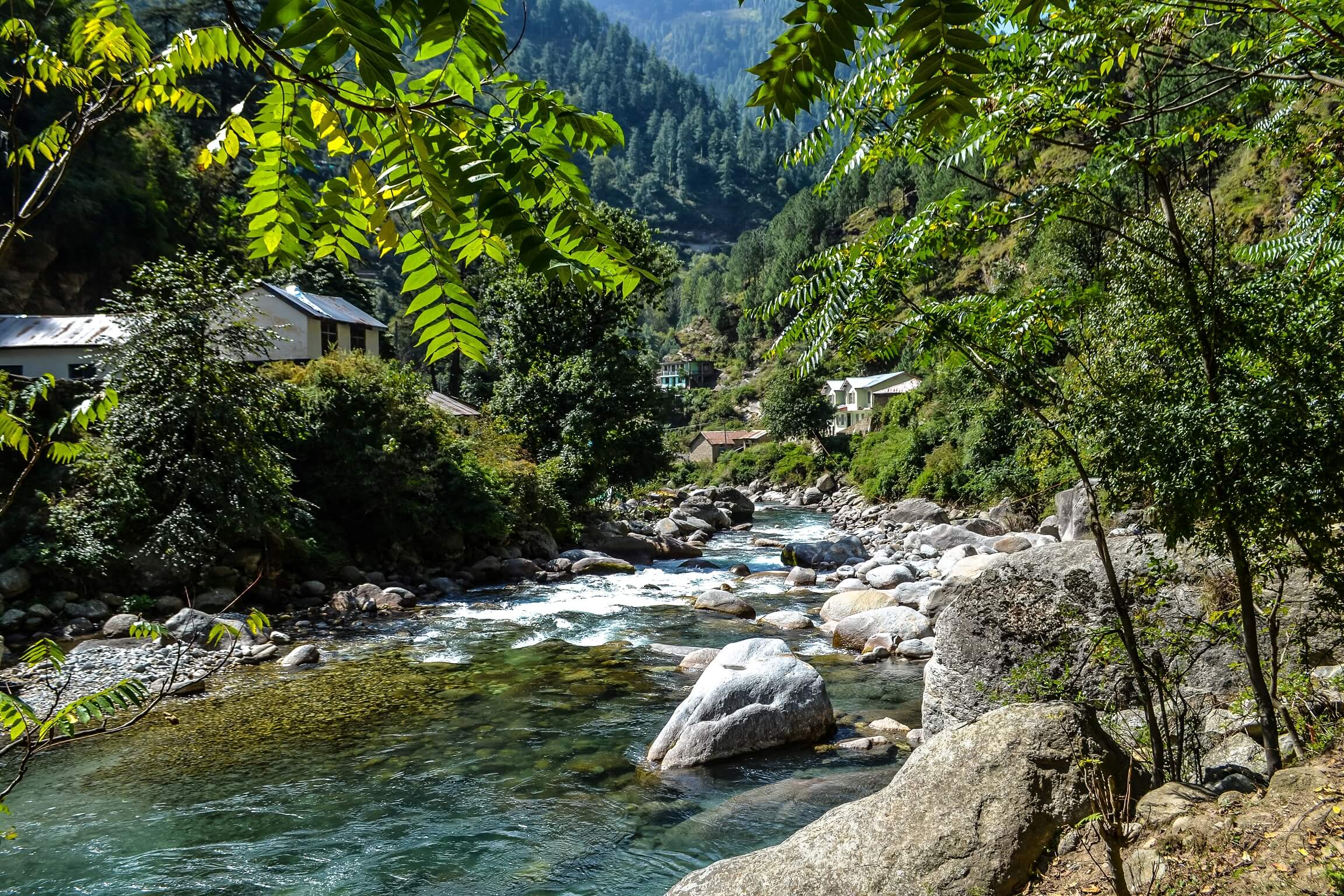
Help Himalayan Ecotourism stay the course amid the pandemic
At the time of publishing this story, COVID-19 cases globally continue to rise, and international travel — even domestic travel in some cases — has been restricted for public health reasons. During this time, consider exploring the world differently: discover new ways to support communities in your favourite destinations, and bookmark them for future trips when borders reopen.



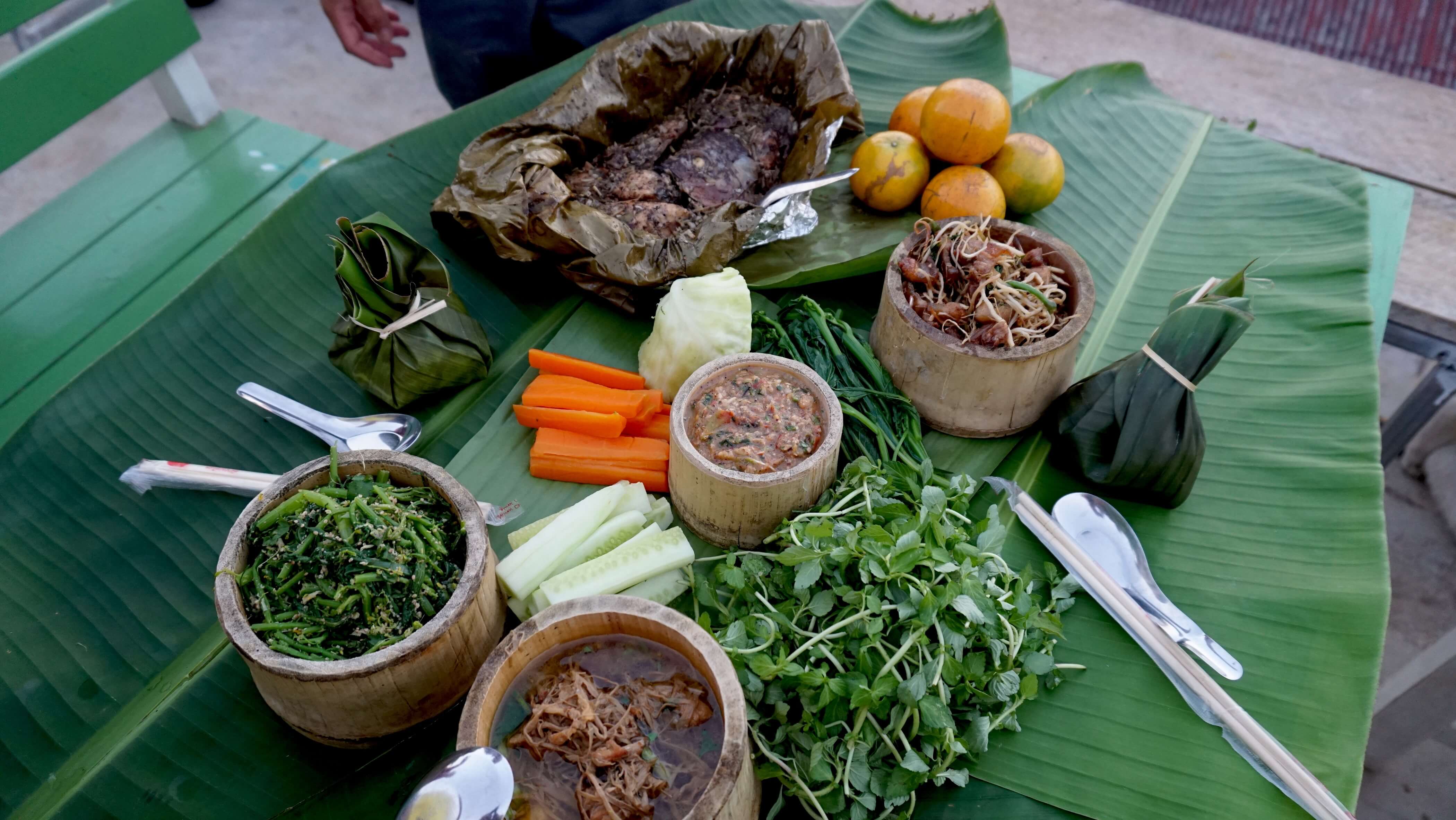
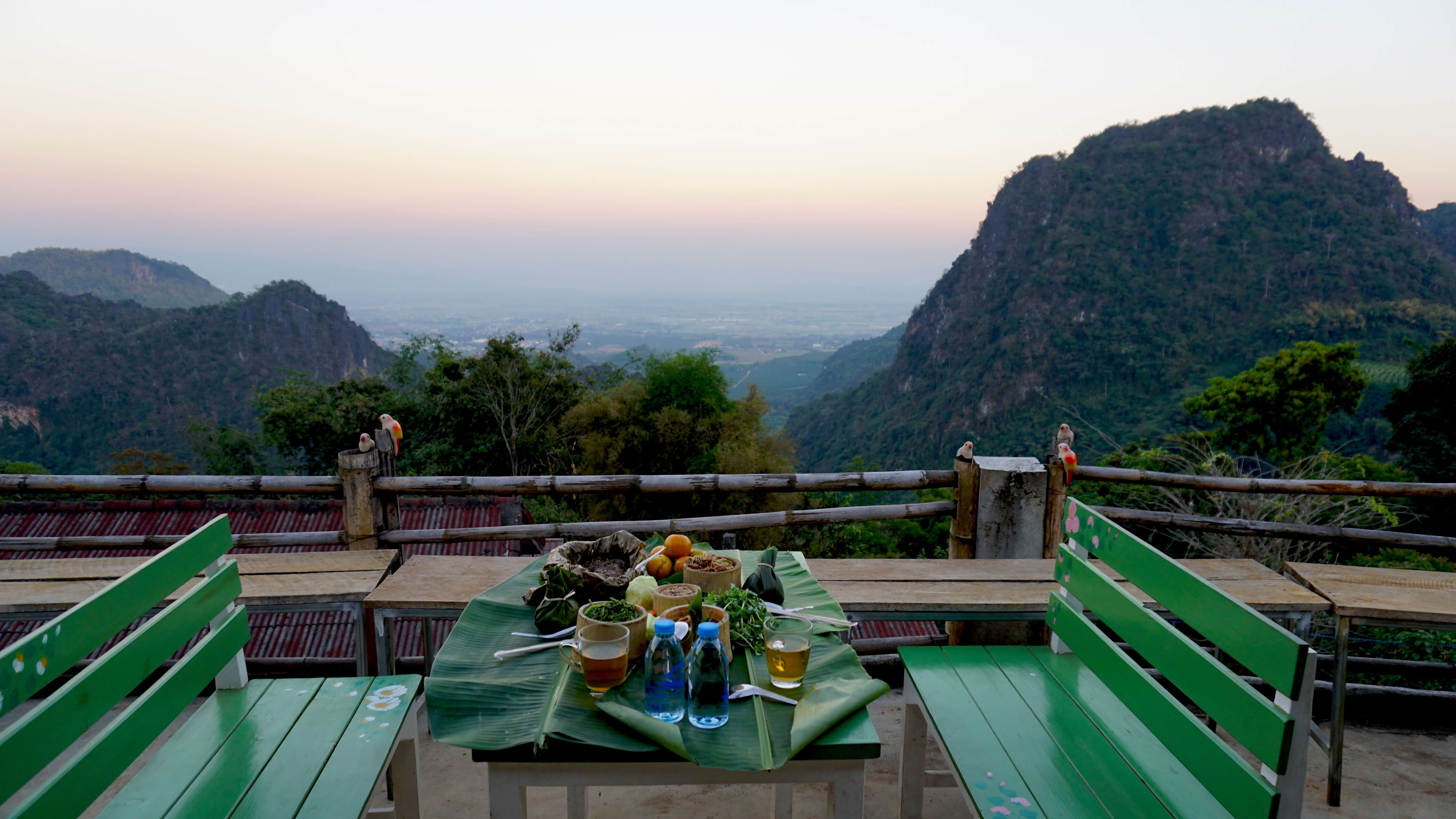
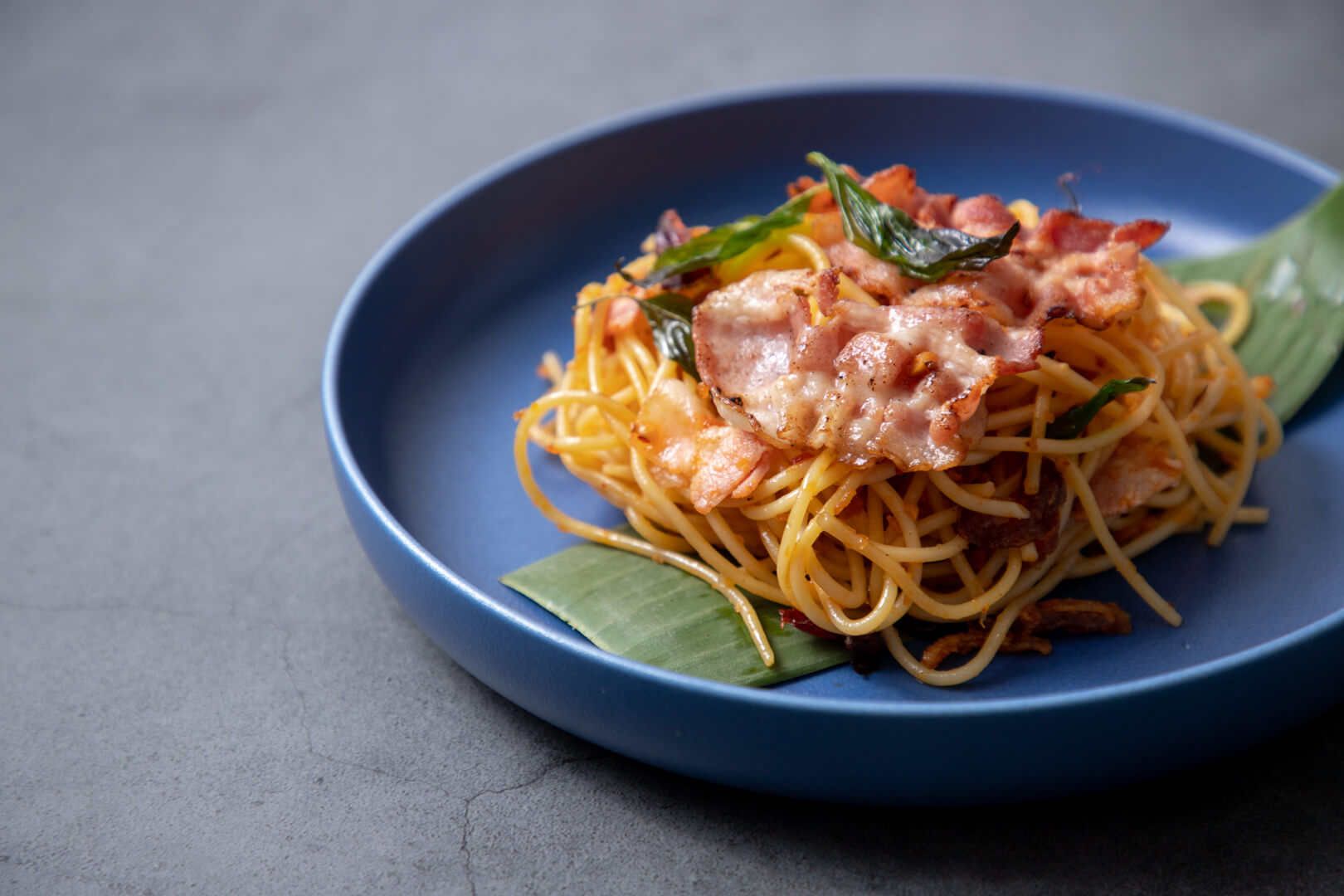
![Keaw getting ready to showcase the culinary gems of the Akha tribe [left]. She hopes that interest in northern Thailand cuisine creates more interest in the country’s indigenous cultures. Photo from Local Alike](/sites/default/files/inline-images/Webp.net-compress-image_0.jpg)
